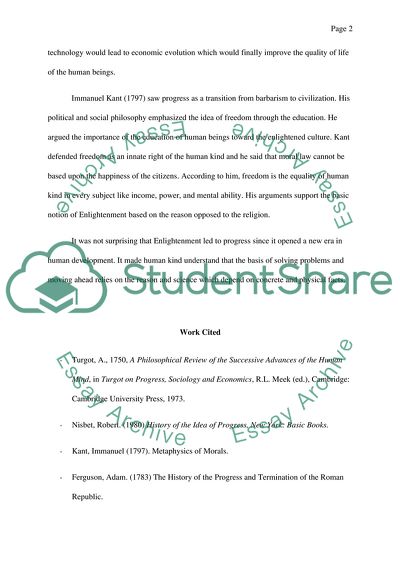Cite this document
(Social Thought and Social Change Assignment Example | Topics and Well Written Essays - 1500 words, n.d.)
Social Thought and Social Change Assignment Example | Topics and Well Written Essays - 1500 words. https://studentshare.org/philosophy/1752372-social-thought-and-social-change-key-concepts-of-the-classical-perspectives
Social Thought and Social Change Assignment Example | Topics and Well Written Essays - 1500 words. https://studentshare.org/philosophy/1752372-social-thought-and-social-change-key-concepts-of-the-classical-perspectives
(Social Thought and Social Change Assignment Example | Topics and Well Written Essays - 1500 Words)
Social Thought and Social Change Assignment Example | Topics and Well Written Essays - 1500 Words. https://studentshare.org/philosophy/1752372-social-thought-and-social-change-key-concepts-of-the-classical-perspectives.
Social Thought and Social Change Assignment Example | Topics and Well Written Essays - 1500 Words. https://studentshare.org/philosophy/1752372-social-thought-and-social-change-key-concepts-of-the-classical-perspectives.
“Social Thought and Social Change Assignment Example | Topics and Well Written Essays - 1500 Words”. https://studentshare.org/philosophy/1752372-social-thought-and-social-change-key-concepts-of-the-classical-perspectives.


